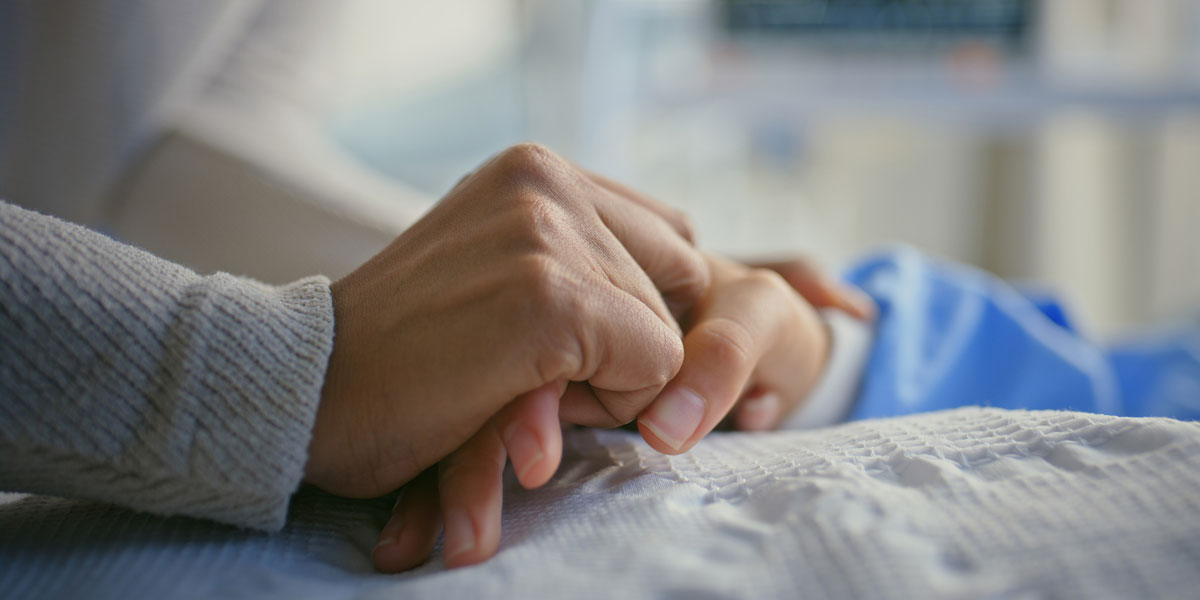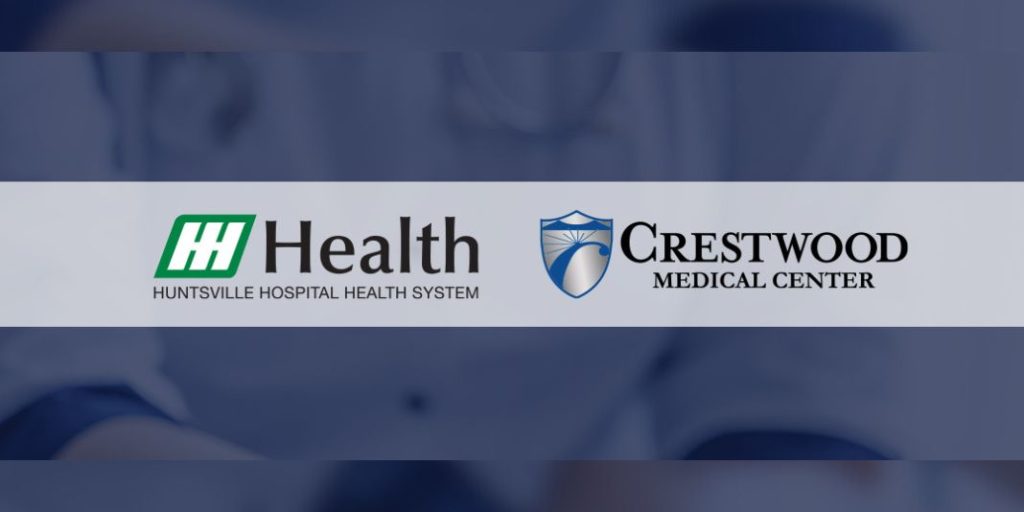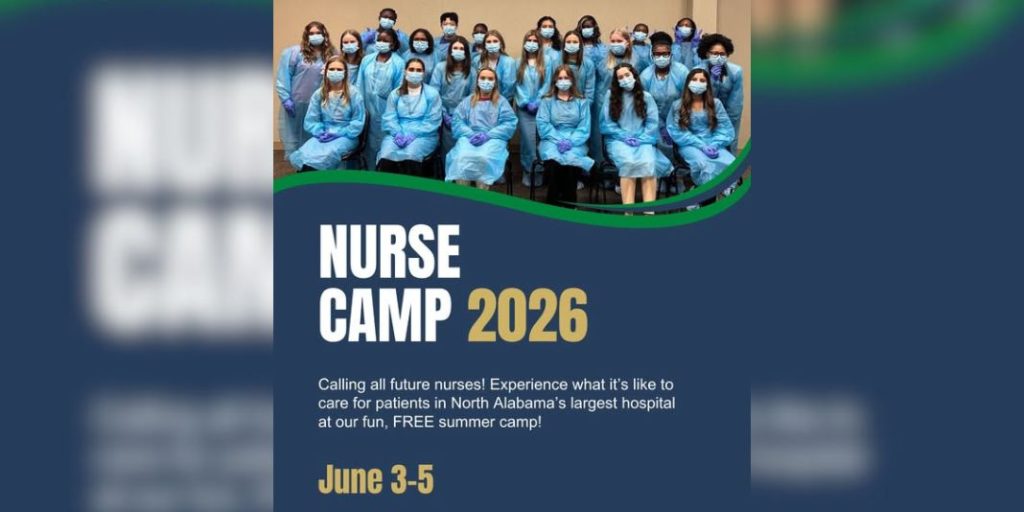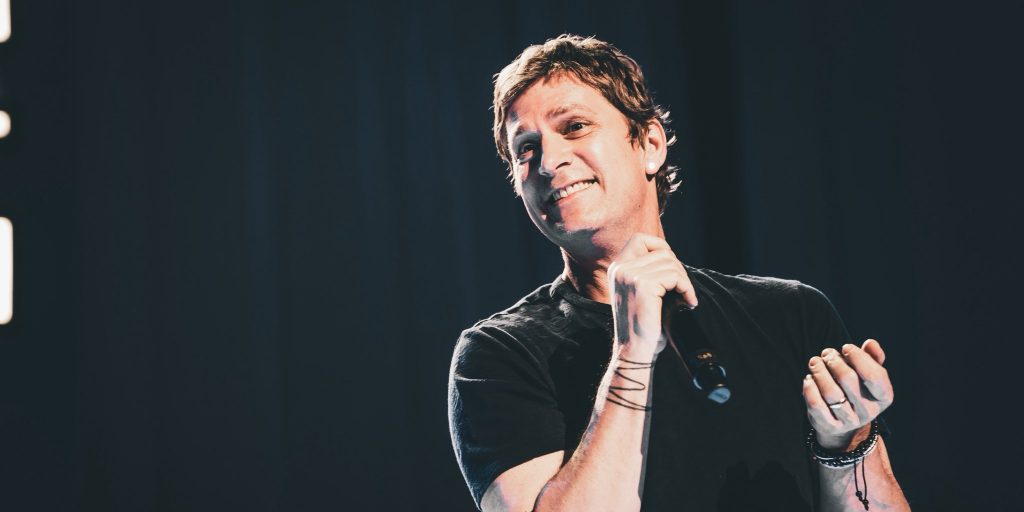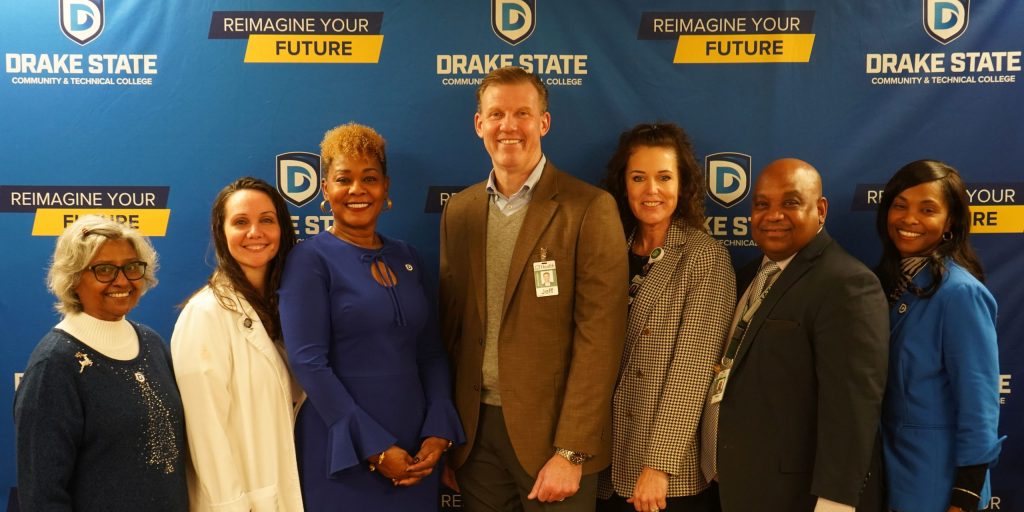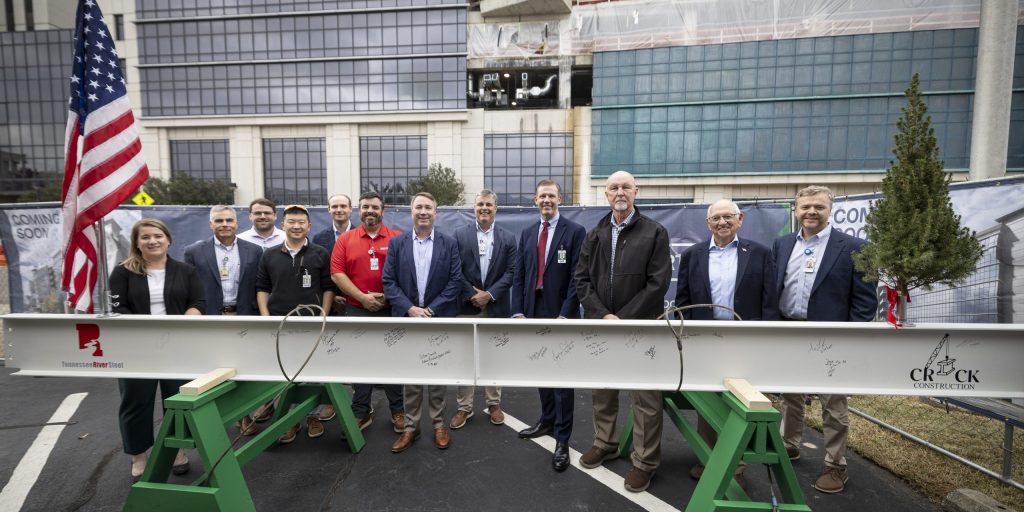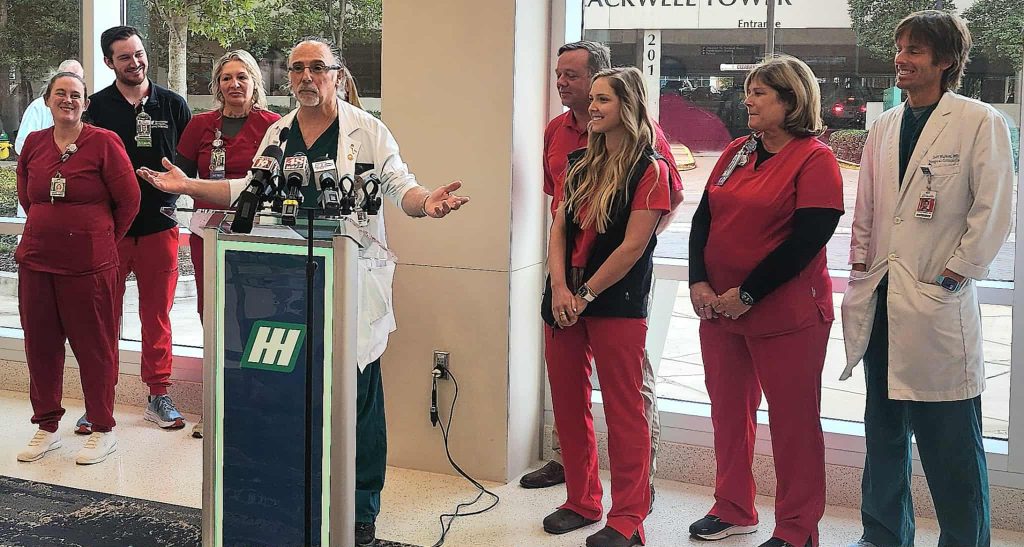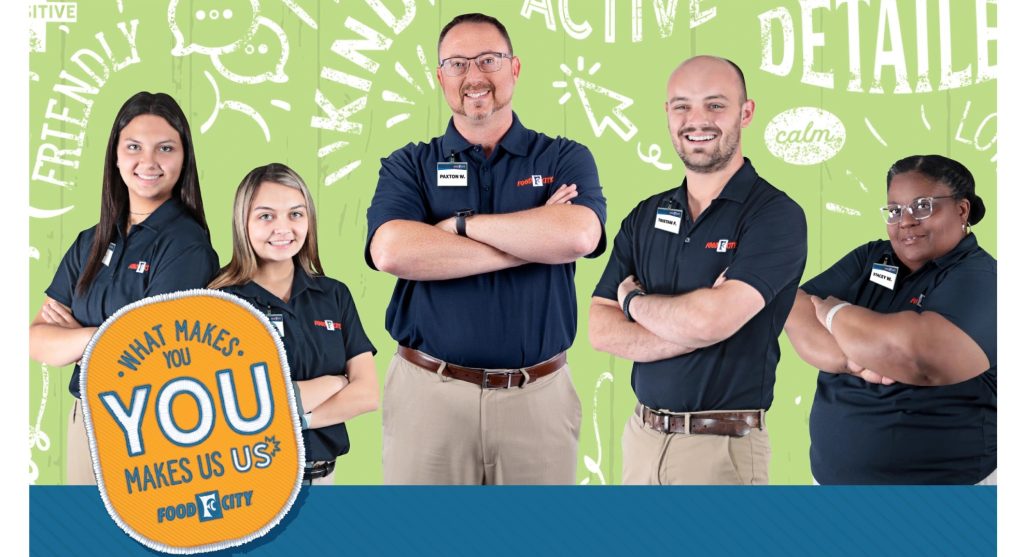HUNTSVILLE — For Carisa Proctor, hospice care isn’t just a job. It’s a calling and one she believes most people misunderstand.
As director of Hospice and Palliative Care Services at Huntsville Hospital’s Hospice Family Care, Proctor has seen families arrive afraid of the word hospice. Many think it means giving up. Others avoid talking about it altogether.
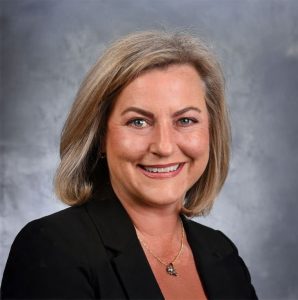
“We’re just not very good at talking about death in our society,” she said. “And if we could talk about it more, people could prepare better.”
Proctor said the reluctance to have those conversations often makes a hard time even harder. She believes hospice care is “about living the rest of your life to the best of your ability.”
Hospice care, she emphasizes, isn’t about giving up, it’s about changing the goal. A large part of that care is also about supporting family members and loved ones.
“Though we are admitting the patient, we’re caring for the patient, we also care for the family as well,” she said. “It’s a big part of what we do, teaching the family what to expect.”
Proctor said if you know what to expect, “it’s a lot easier.”
“Primarily, I’d say 90% of what we do is teach,” she said. “And then I would also say that 90% of what we do is reteach because we never see people at their best. So they’re emotionally, physically, mentally and, sometimes, spiritually exhausted when we see them.”
Hospice care, she said, also allows her to have an open dialogue with the patients and families about what their goals were.
“Do you want to go fishing one more time? Let’s make that happen. Do you want to watch your son compete in a state wrestling and tournament? Let’s make that happen,’ she said. “Let’s do what we can do to get these goals, things that you want to do that you still have left to do.”
Over the years, Proctor has become an advocate for advance care planning and open conversations about death and dying.
“We do fire drills, tornado drills, active shooter drills and we may never experience those,” she said. “But we will all die one day.”
She encourages everyone to create an advance directive or, at the very least, talk with their loved ones about what they would want.
“You’re not making decisions for your loved one,” she said. “You’re carrying out your loved one’s decisions.”
If there’s one message she hopes people take away from her work, it’s this: hospice is not about dying. It’s about living intentionally, meaningfully and with dignity.
“I see it as the last thing I can do for someone,” she said. “Care for them and provide support for their families.”


